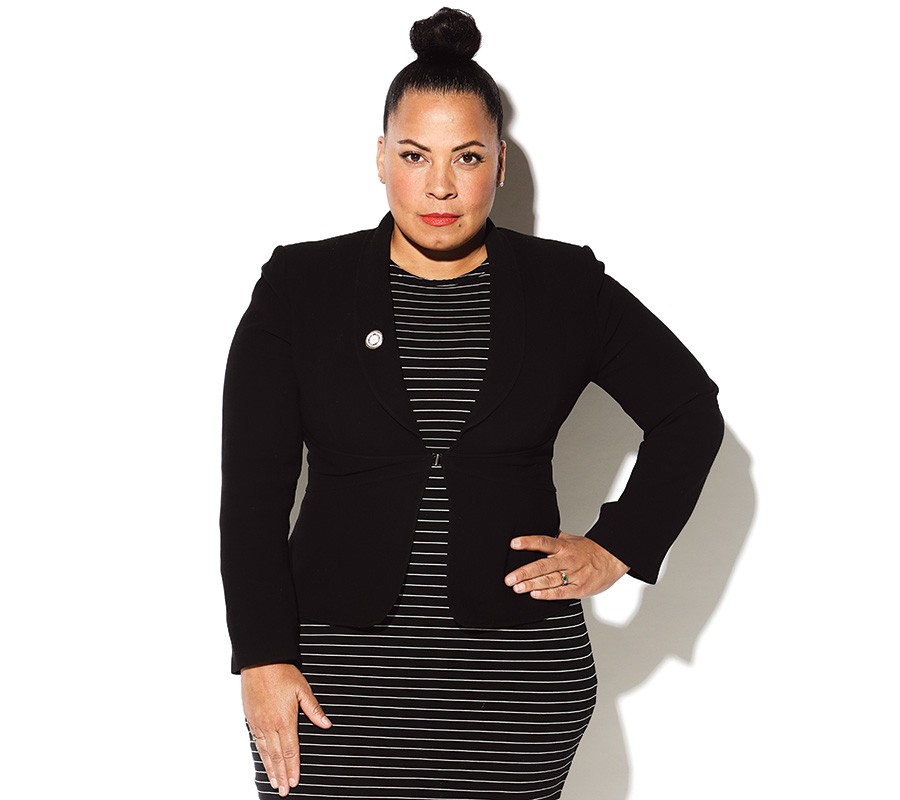Virginia couples no longer have to disclose race on marriage license applications, state attorney general saysPosted in Articles, Law, Media Archive, United States, Virginia on 2019-09-16 19:22Z by Steven |
The Washington Post
2019-09-14
 Sophie Rogers and Brandyn Churchill, who are getting married on Oct. 19, are shown in this engagement photograph in the Napa Valley. (Christophe Genty/Christophe Genty Photography) |
Virginia will no longer require couples to identify by race on their marriage licenses, the state’s attorney general announced this week.
Under a new policy — which Attorney General Mark Herring detailed in emails to court clerks and members of the media late Friday — people getting married will be able to select “Declined to Answer” in a box asking about race. Herring also told clerks they must issue a marriage license “regardless of an applicant’s answer or non-answer to that inquiry.”
The new guidance comes about a week after three couples filed a federal lawsuit alleging the required disclosure of race is unconstitutional because it violates the First, 13th and 14th amendments.
“We were happy to help quickly resolve this issue and get these couples what they asked for,” Herring said in his statement. “These changes will ensure that no Virginian will be forced to label themselves to get married.”…
Read the entire article here.


/https://public-media.si-cdn.com/filer/28/f9/28f919ff-40e1-4d7f-bcdb-7119dd7d7c1e/sep2019_e05_prologue_copy.jpg)

